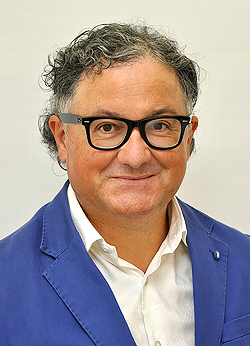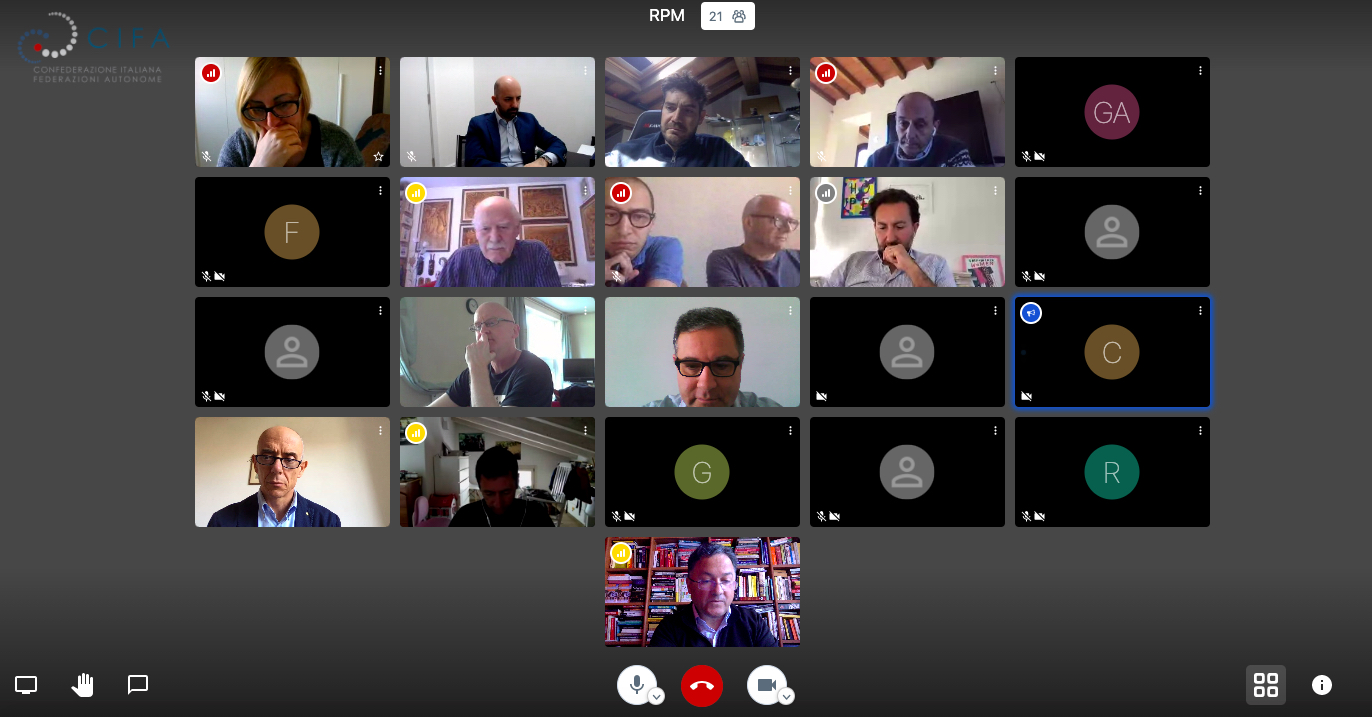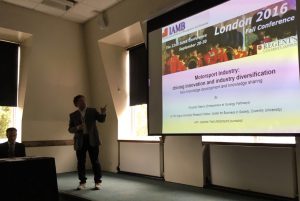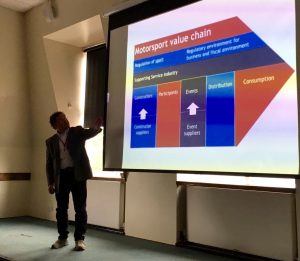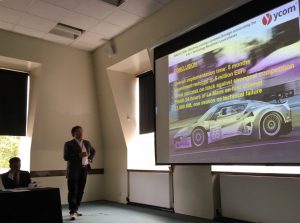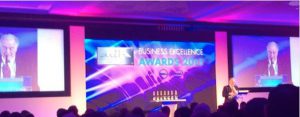On April 10th 2020 RPM network has had another video conference of its series this time focusing on the topic of “Motorsport Industry post COVID-19, perspectives generated by an organisational culture focusing on business models and business strategy”.
Speakers stimulating debate among the numerous participation of RPM members: Rodi Basso (Technology and business strategy advisor in Motorsport and beyond) and Paolo Aversa (Director of the MBA program at Cass Business School – London and researcher on Motorsport business strategy), moderator Riccardo Paterni.
The focus of the debate has been on approaches to manage at best the challenges set by the current pandemia and shape business development opportunties beyond it. This relates to both changes on organisational internal and external dynamics with the drive to utilise at best the levers of change that we can control.
In such regards external change can be analysed in relation to three factors: magnitude, frequency and predictability (all help us to frame present context and also make at best projections towards the future).
The operational and strategic approach to take focus on 5 key steps: 1) focus on health and safety; 2) focus on consistent meaningful – facts and data based – dialogue with personnel, clients, suppliers, reachable regulatory bodies; 3) focus on strengthening competence relevant to data gather, interpretation and use for decision making; 4) develop methodical ways to plot and shift dynamically different scenarios impacted by key variables; 5) develop the ‘so what?’ Strategic mindset relevant to the scenarios shaping up different business models and set the habit to refocus and refresh the scenarios and linked strategic approaches with a more frequent and consistent timing.
We have dialogued about the fact that this kind of approach can be fundamentally taken by any organisation also the small ones leveraging upon the tools, means and networks that are reachable: it is the entrepreneurial mindset geared towards finding opportunities for growth and development that makes the difference.
In terms of opportunities we have dialogued about three key main areas relevant to the Small and Midsize Enterprises as the ones that form RPM: 1) visibility: it is possible to gain public visibility if we manage to become involved in production of product / services useful to manage the pandemia; 2) time for action: because of the lockdown now more then ever we have the opportunity to focus methodically on strategy development; 3) time for change and evolution: the methodical strategic focus leads companies to better identify and leverage upon the very own competencies. It is important to note that we are not pointing out simply technical competencies, better yet also relational competencies, access to enabling networks, mix of competencies that enable the strategic and operational business in fields technologically related to Motorsport. In this regard we need to remember that Motorsport itself, by its historical roots, sprung technologically and in terms of business development from fields such as automotive, aviation, aerospace.
All in all it was pointed out that any strategy elaboration must leverage itself from the key foundations of vision, mission and values that comprise the unique identity of the organisation and set the essence for its development. Internal and external circumstances may sway the original trajectory but once that the ultimate engaging purpose of the organisation is well clear and defined strategy, through the perspectives above indicated, it becomes generated as a direct consequence.
The debate has continued with some concrete examples on how RPM companies are tackling the current complexities. What emerged is a proactive sense of drive set to find solutions for development leveraging upon consistent dialogue with clients, suppliers, federations.
RPM renews and strengthens its commitment to these strategic developments (essential part of the vision, mission and values set and declared openly since the very beginning of this project ).
We thank Rodi Basso and Paolo Aversa for their inspiring participation to the conference and we are working towards further shaping with them operational ways to implement for RPM members what we debated during the conference.
In the meantime the series of RPM virtual debates will continue with an upcoming conference featuring Pim Van Baarsen CEO of the Silverstone Technology Cluster and Tim Angus RPM representative in the UK. We will learn about the activities the Cluster is organising to face these complex times and learn how we can possibly establish operational and strategic ties with it. Stay tuned for updates.
We thank Cifa Italia for providing the techological tools to enable these RPM conferences.
